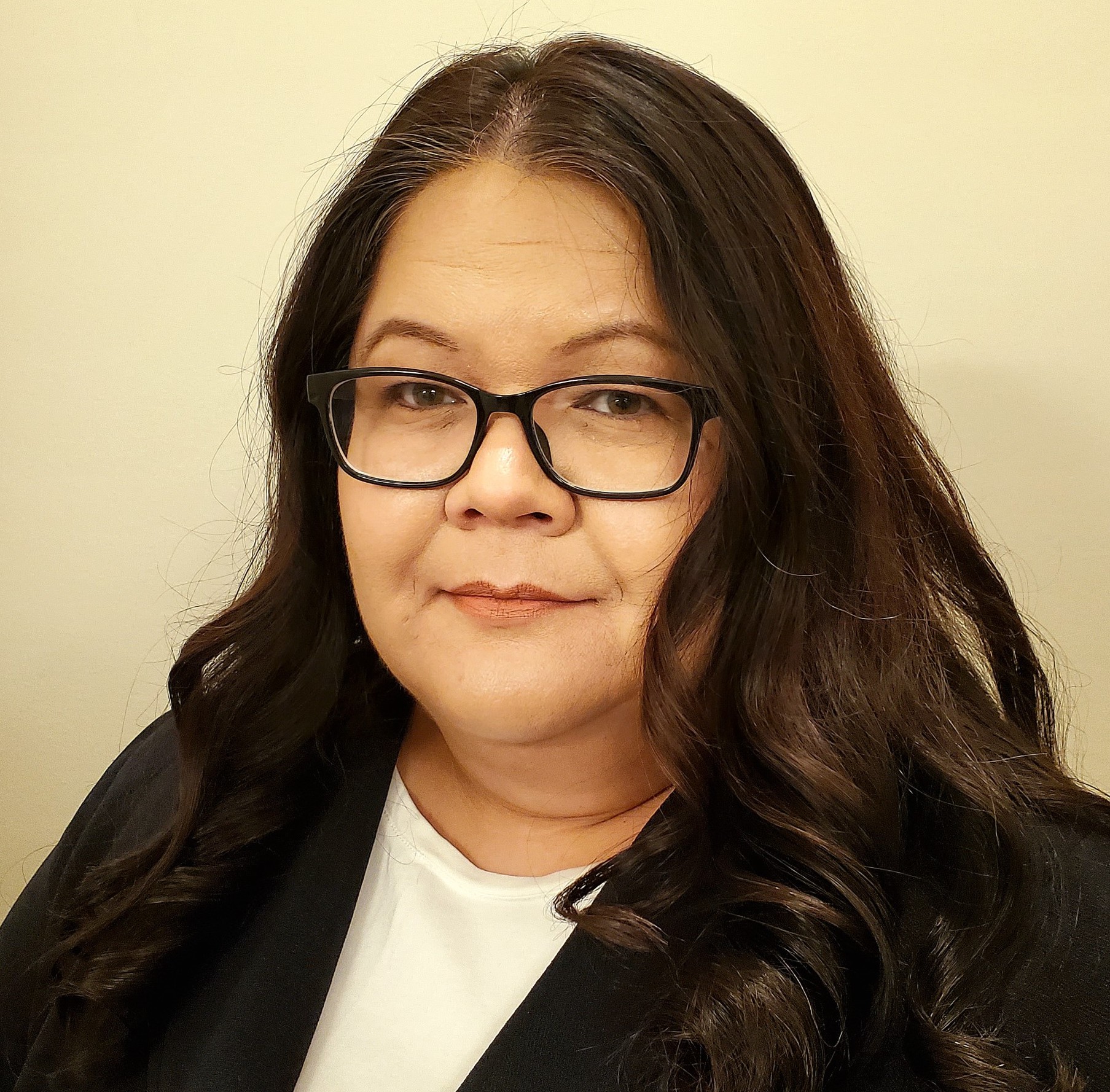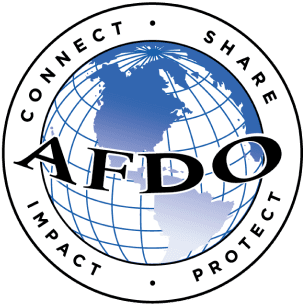The course provides fundamental learning opportunities for new food regulators and industry professionals who have responsibilities for performing routine and non-routine inspections, and also complaint investigations. This 5-hour, five-session course also covers training for conducting investigations and collecting product samples for analysis by a laboratory (when applicable).
If you are interested in a train-the-trainer course for this course for your organization, please let us know. If your jurisdiction would like this delivered in person to your organization, that can also be arranged. The in-person train-the-trainer course will consist of 3 1/2 days of training.
This training is also taking place May 4 – 8, 2026.
Find the agenda here.
Objectives
- Compare conducting routine and non-routine food inspection
- Develop skills to use inspection tools and equipment effectively
- Build opening and closing interview skills with operators
- Improve observation and documentation writing skills
- Utilize skills to prepare clear, defensible inspection reports
- Develop foundational knowledge of investigations and sampling techniques
- Apply skills through hands-on activities and live exercises
Manufactured and retail food inspectors and industry professionals with less than six months of experience
CDPH/AFDO Continuing Education Contact Hours — 20 Hours Food Protection
Brenda Morris is the Produce Safety Director at the Association of Food and Drug Officials supporting food regulatory produce safety programs and developing and leading training in produce safety, retail and manufactured food safety, leadership, and instructor skills training. She has more than 10 years food inspection experience in three states, and more than 10 years as Bureau Chief and Assistant Director for retail and manufactured food programs at the Florida Department of Agriculture and Consumer Services. Morris served as the AFDOSS President and AFDO Vice President.
Autumn Schuck is Assistant Program Director at the Association of Food and Drug Officials, where she teaches food safety courses and leads Inspector Boot Camp. Previously Inspection Manager at Kansas Department of Agriculture's Food Safety program (2016-2022), she supported statewide retail food safety. Her experience includes roles as inspector, field supervisor, contract supervisor, and third-party auditor in both retail and manufactured food safety.
Steve Moris is an Assistant Program Director at the Association of Food and Drug Officials. With more than 20 years of experience in food safety regulatory oversight and 15 years of leadership in retail food management, he brings a comprehensive understanding of both the practical and compliance aspects of food protection. His background includes interpreting and applying state and federal food safety regulations, conducting inspections, and ensuring industry compliance with public health standards.
Deanna Copeland joined the Association of Food and Drug Officials (AFDO) in early 2023, to lead projects for the Retail Food Safety Regulatory Association Collaborative and deliver training to strengthen retail food safety nationwide. With more than 24 years of experience in local regulatory, Copeland has had many roles from retail food safety inspector, plan review specialist, trainer, field supervisor, to program manager — bringing a wealth of experience and hands-on expertise to her role at AFDO.
Sally Flowers brings over 20 years of experience in government, industry, and academic labs, specializing in food safety and livestock vaccine quality control. She managed both commercial and state agricultural labs, supervising diverse testing areas such as food, dairy, meat, feed, fertilizer, pesticide, industrial hemp, and metrology. Flowers holds a Bachelor’s degree in animal science from the University of Florida, a Master’s degree in animal science from Penn State, a Doctorate in food science from Penn State, and a Bachelor’s degree in clinical laboratory science from the University of Nebraska.






